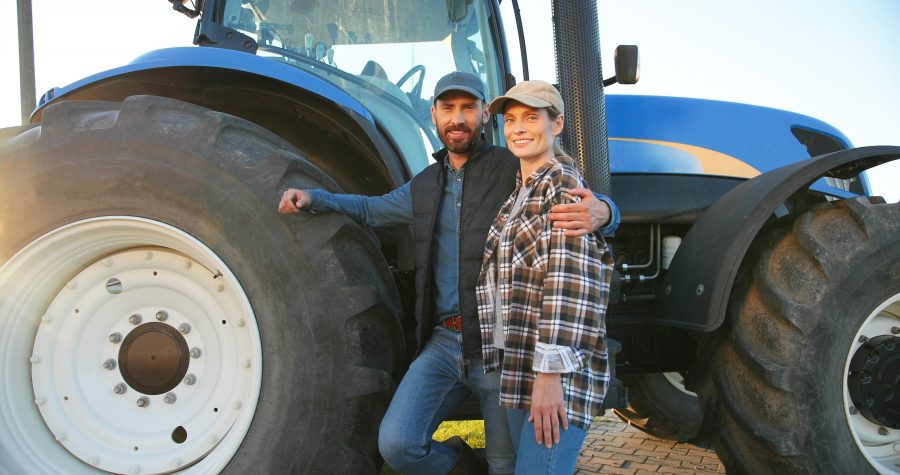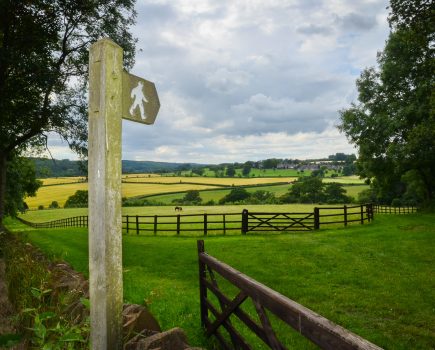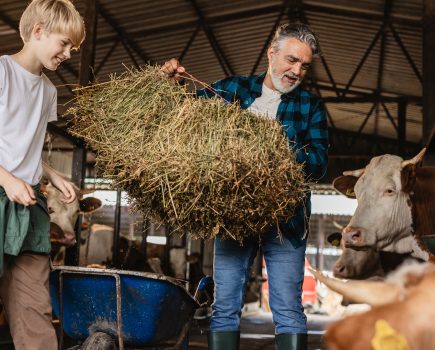Francesca Easter, Partner, Family Law at Ellisons looks at the risks every farmer should understand.
For farming families, the lines between home, work and relationships are often blurred. When an unmarried partner moves into the farmhouse or becomes involved in the business, it can feel like a shared life in every sense.
However, despite the common myth of a ‘common law marriage’, under UK law unmarried couples do not benefit from the same legal protections as married couples. This misunderstanding can lead to serious legal and financial issues if the relationship breaks down, especially where the family farm is involved.
If a cohabiting couple separates, there is no automatic right to financial protection, even if the relationship has lasted for many years or involves children. Laws relating to property, pensions and inheritance are significantly different for married and unmarried couples. Disputes between cohabiting couples are, in fact, governed by property and trust law, not family law, meaning outcomes can be complex and often unpredictable.
For many couples, the division of property is one of the most significant issues on separation. The legal ownership of property, whether it’s in one partner’s name or held jointly, along with each party’s contributions to the mortgage or renovations, can heavily influence the outcome.
These risks are amplified when one partner owns or works within a family farm or farming business. If the farm becomes part of a dispute, it could threaten the continuity of the business and impact the wider family’s livelihood.
Having open conversations before moving in together, or even once cohabiting, can help clarify expectations, but informal arrangements carry little weight legally. To provide real protection, a written cohabitation agreement is essential.
A cohabitation agreement is a legally binding document that outlines what should happen if the relationship ends. For farming families, this can be particularly valuable. Key benefits include:
- Clarifying ownership of the farmhouse, farmland and farming assets
- Setting out financial arrangements, including each partner’s contributions to the business
- Recording how each partner is involved in the business: the work they do, how they are paid and their responsibilities
- Stating how business or personal assets should be divided if the relationship breaks down
- Addressing inheritance issues in the event one partner passes away.
The main advantage of a cohabitation agreement is to reduce the risk of disputes and protect family assets. It offers both partners clarity and gives the wider family peace of mind that the farm is safeguarded.
If those partners later marry, their legal status will change. In that case, they should consider a post-nuptial agreement (or a pre-nuptial agreement prior to marriage) to carry forward the intentions set out in the cohabitation agreement.
For the best outcome, seek legal advice from a solicitor with experience in both family law and the agricultural sector. A tailored agreement can help secure your relationship and your farm’s future.
For more like this, sign up for the FREE South East Farmer e-newsletter here and receive all the latest farming news, reviews and insight straight to your inbox.







